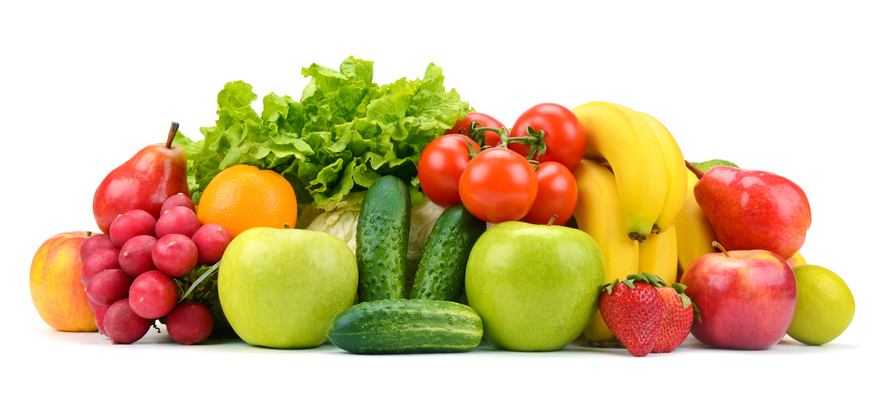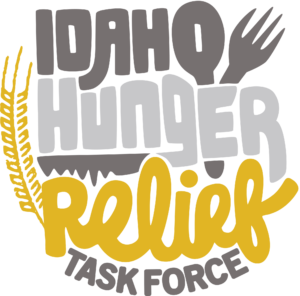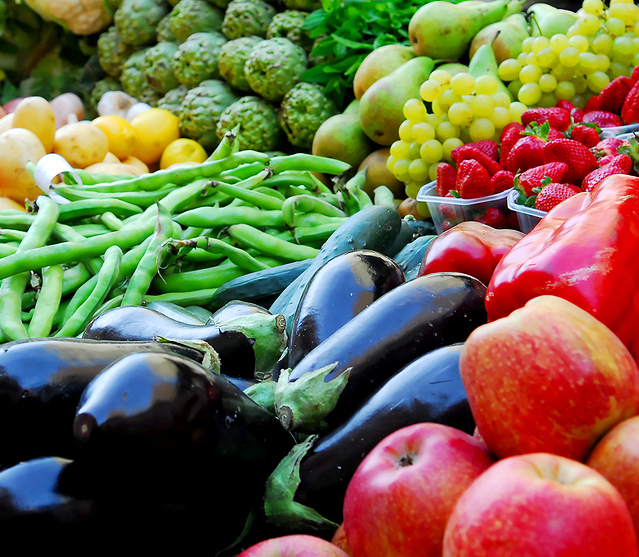That’s what we hope to learn by evaluating an innovative program developed by the Idaho Health Relief Task Force

Food impacts everyone’s health and is associated with many chronic diseases, including diabetes and heart disease. Healthy food is one of the things that should be considered when investing in the health of individuals and communities.
Food is a social determinant of health[1] — economic and social conditions that influence health status. The neighborhood where individuals live and what food they can access play a primary role in their health. To improve the health of individuals, access to healthy food needs to be a priority.
Need proof? Previous studies show that 1 in 8 Americans was food insecure in 2016 and that households that are food insecure spent 45 percent more on medical care than people who live in food-secure households. Food insecurity means individuals have an uncertain ability to obtain nutritious foods because of access and/or financial limitations to grocery stores, markets, etc.
As a statewide nonprofit dedicated to addressing the root causes of some of Idaho’s most pressing health issues, the Blue Cross of Idaho Foundation for Health is very interested in the role food plays in health and supporting programs that benefit Idahoans.
The Foundation provided a $55,000 grant in late 2019 to the Idaho Hunger Relief Task Force in an effort to better understand the impacts of its Prescription for Fresh Fruits and Vegetables (RxforFFV).

The nonprofit Idaho Hunger Relief Task Force invests in collaborative efforts to alleviate hunger in Idaho, and its RxforFFV program helps connect people who are food insecure and diagnosed with prediabetes or diabetes with fresh fruits and vegetables. Eating these healthy foods have been known to lower a person’s A1C[2].
The RxforFFV program works through the following process:
[su_list]
- The Idaho Hunger Relief Task Force partners with medical providers to administer a nationally validated questionnaire regarding food insecurity
- Doctors can refer patients to the Idaho Hunger Relief Task Force RxforFFV program based on questionnaire responses pertaining to food insecurity
- The Task Force will work with referred patients and provide them vouchers to be used at certain stores and vendors to obtain fresh fruit and vegetables at no cost to the patient
- The RxforFFV program is 16 weeks in length and includes monthly check-ins with patients who are participating
[/su_list]
The RxforFFV program eliminates one major barrier — cost — that often prevents individuals from making healthier food choices. The monthly vouchers ($35 for individuals, $60 for families of two or more) are funded by the Idaho Hunger Relief Task Force and its supporters.
The $55,000 grant from the Blue Cross of Idaho Foundation for Health is being used to evaluate the program. Currently, Idaho Hunger Relief Task Force is working with the nationally recognized Gretchen Swanson Center for Nutrition to conduct a preliminary evaluation on more than 50 current RxforFFV program participants located in the Treasure Valley area.
Qualitative (participant interviews) and quantitative (A1C) data are being collected in order to provide a more robust understanding of how the RxforFFV program can impact health outcomes in Idaho. While evaluations of fresh fruit and vegetable prescription programs in other parts of the country have indicated cost savings and improved health outcomes, the Task Force and the Foundation wanted an Idaho-based evaluation.
The findings from this evaluation can help guide the future of RxforFFV programs in Idaho. The results can help incentivize expanding the program around the state, or they might indicate opportunities to tailor the program to suit local needs.
The Blue Cross of Idaho Foundation for Health and the Idaho Hunger Relief Task Force will be sharing evaluation results at the 2020 Idaho Summit on Hunger and Food Security in Boise.
[1] https://www.kff.org/disparities-policy/issue-brief/beyond-health-care-the-role-of-social-determinants-in-promoting-health-and-health-equity/
[2] A1C measures an individual’s average blood sugar over a period of a few months and can show how well a diabetes treatment plan is working to lower blood sugar over time.
